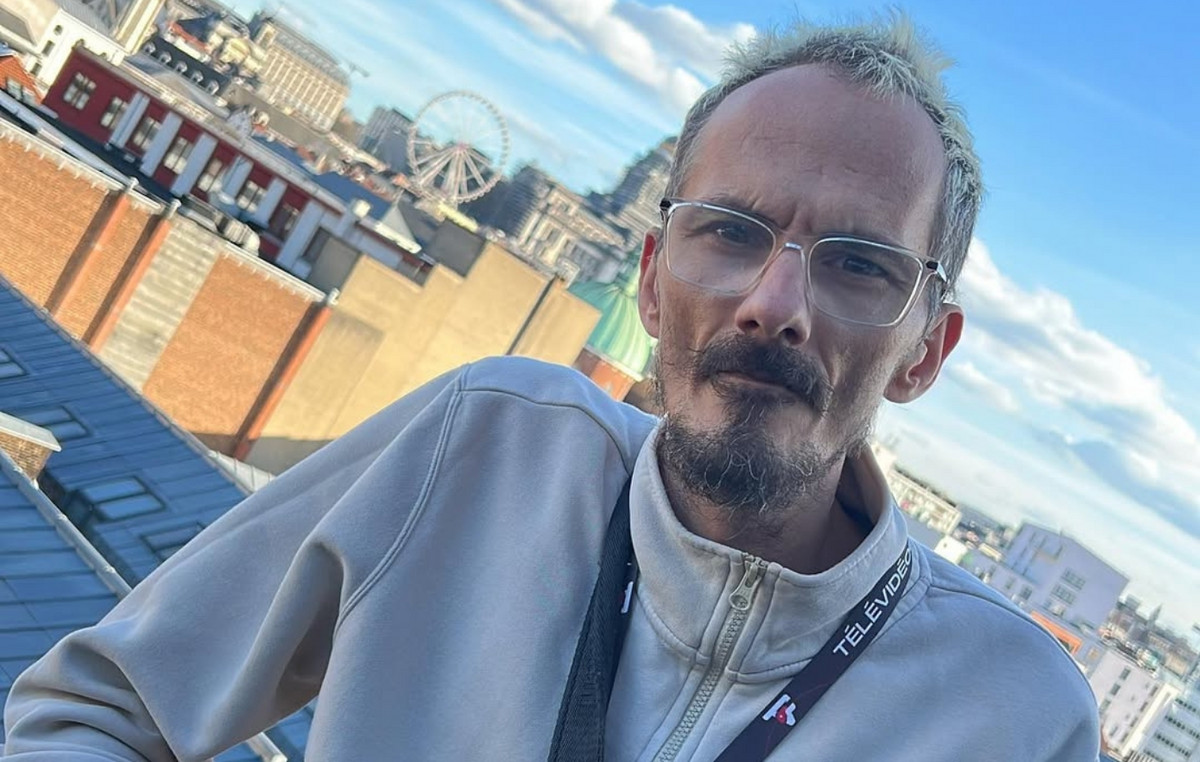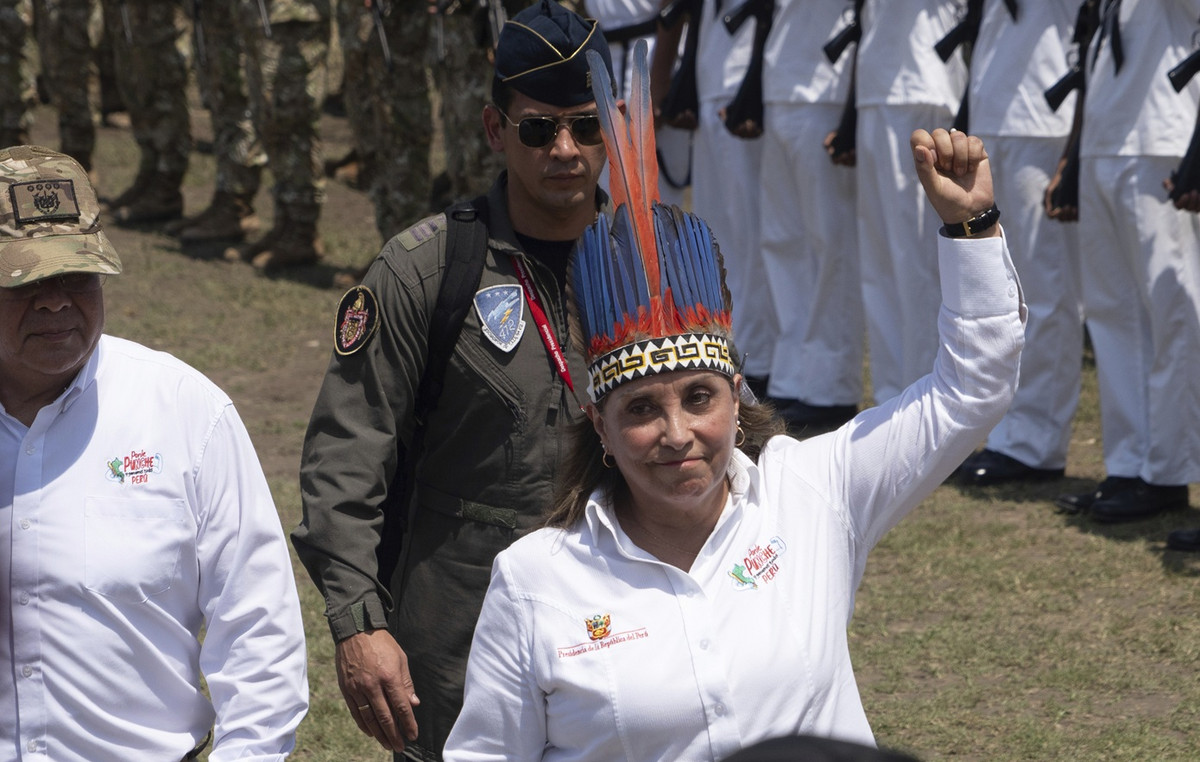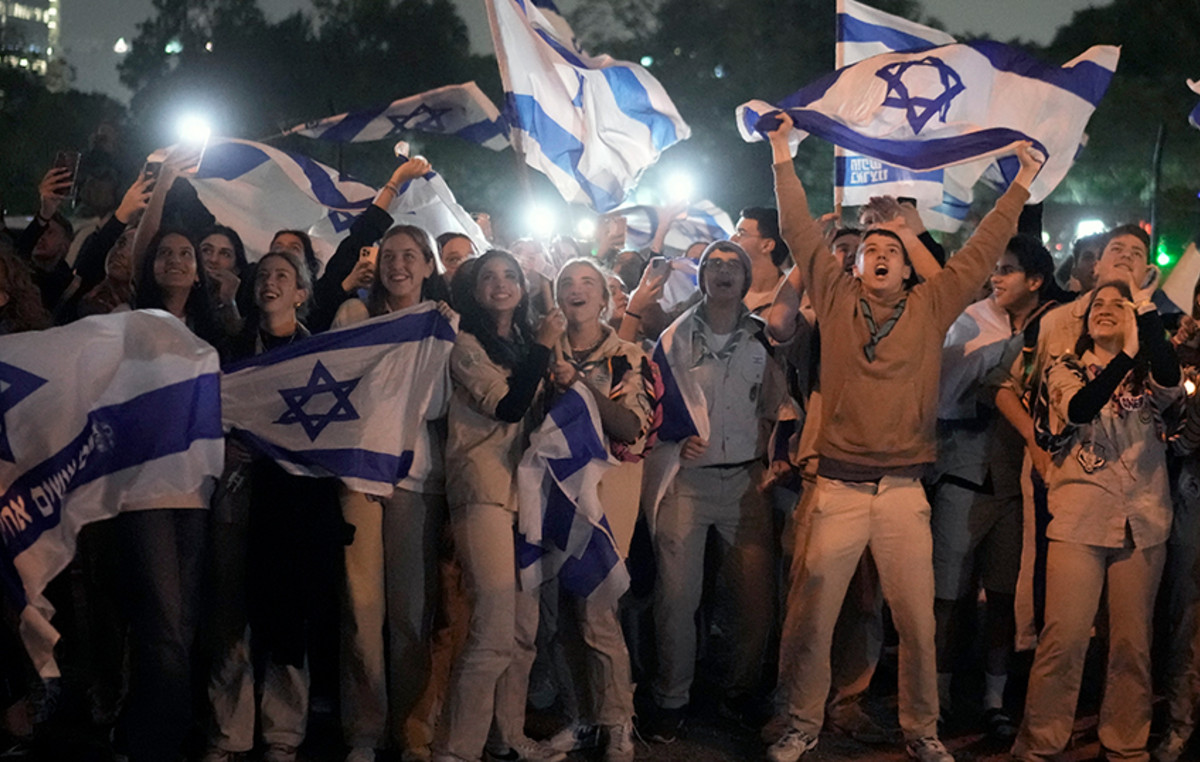A Singaporean man convicted of trying to smuggle about a kilogram of marijuana was executed on Wednesday. The sentence has been criticized by human rights groups and activists, at a time when many other nations, including neighboring countries, have taken a softer approach to drug sentencing.
While cannabis has been legalized in a growing number of countries around the world, Singapore maintains some of the toughest drug laws, and its government remains adamant that the current penalty should remain, and work to deter traffickers.
Tangaraju Suppiah, 46, was sentenced to death in Changi Prison, the Singapore Prison Service said in a statement.
In the days before Tangaraju was sent to the gallows, family members and activists made public appeals for clemency and questioned the safety of his conviction. The European Union office in the city-state and a UN rights office also urged Singapore not to carry out the execution.
Tangaraju was sentenced to death in 2018 for “encouraging the trafficking of more than one kilogram of marijuana (1,017.9 grams),” according to a statement from the Central de Narcotics (CNB). The court concluded that he was in telephone communication with two other men caught trying to smuggle marijuana into the country.
Earlier appeals against his conviction and death sentence were rejected by the courts in 2019, while petitions for presidential clemency were also unsuccessful, the CNB added.
“Tangaraju was given due process in accordance with the law and had access to legal advice throughout the process,” the CNB statement said, describing the death penalty as “part of Singapore’s comprehensive harm prevention strategy”.
Family members and human rights groups championing Tangaraju’s cause rejected the government’s allegations and detailed why they believed his death sentence was unsafe.
“Tangaraju’s conviction was based mainly on statements from his police interrogation – carried out without the presence of a lawyer and interpreter – and on the testimony of his two co-accused, one of whom had his charges dismissed,” said Amnesty International.
“In countries that have not yet abolished this penalty, international safeguards require that the death penalty be imposed only when the person’s guilt is based on clear and convincing evidence, leaving no room for an alternative explanation of the facts – and after a legal investigation. that offers all possible guarantees to ensure a fair trial,” added Amnesty.
Tangaraju’s sister spoke of her brother’s anguish and determination before his death sentence was carried out.
“Even inside prison, he wanted to fight for his innocence,” she told CNN . “He believed there would be a fair trial and he wanted to prove his innocence every step of the way.”
The Coletivo Justiça Transformativa (TJC), a local abolitionist movement, highlighted what it called “serious problems” with the evidence used to convict Tangaraju, describing it as “shockingly scant”.
“The case against Tangaraju is largely circumstantial and based on inferences,” the TJC said. “He never touched the marijuana he was accused of trying to traffic. He was linked to the crime by two phone numbers found on the cell phones of two arrested men – one of which had been used to coordinate the delivery of marijuana.”
“Tangaraju was already in pre-trial detention for a separate offense at the time he was linked to this case – and his mobile phones were never recovered for analysis,” the group added.
Last year, Thailand became the first country in Asia to decriminalize cannabis after years of campaigning by local activists.
Meanwhile, Malaysia, Singapore’s closest neighbor, passed sweeping legal reforms earlier this month to remove the mandatory death penalty and reduce the number of offences, including drug crimes punishable by death.
“It is particularly outrageous that Tangaraju was arrested, convicted and executed for a cannabis-related offense, when much of the world is moving forward with legalization based on medical assessments,” said Phil Robertson, deputy director for Human Rights Watch at Human Rights Watch. Asia, to CNN .
“Killing him also shows how far Singapore has fallen behind Malaysia – its leaders like to claim that their country is more modern and developed, but in the case of criminal justice and the death penalty, Singapore is clearly the laggard,” Robertson added. .
“Singapore once again shows how completely out of step they are with the basics of human rights, proportionality in criminal punishments and fairness,” said Robertson.
However, the Singaporean government continued to resist calls for reform, carrying out eleven executions last year alone, all for drug-related offences.
Under the law, anyone caught trafficking, importing or exporting certain amounts of illegal drugs such as methamphetamine, heroin, cocaine or marijuana products, receives the mandatory death sentence.
“Singapore takes a zero-tolerance stance against drugs and applies a multi-pronged approach to fighting drugs,” the Home Ministry said in a statement, responding to international criticism of Tangaraju’s execution.
“The death penalty is an essential component of Singapore’s criminal justice system and has been effective in keeping the country safe and secure.”
The Interior Ministry also rejected criticism leveled by human rights groups, arguing that the case against Tangaraju was “proved beyond reasonable doubt” and that the evidence “clearly shows that he was the person who coordinated the delivery of drugs, with the traffic objective.
The ministry’s statement was issued in response to foreign criticism of Tangaraju’s impending execution, including from British billionaire Richard Branson, an outspoken opponent of the death penalty.
“Killing people for allegedly smuggling cannabis is particularly cruel and misguided as more countries are now introducing sensible drug policies by decriminalizing and regulating medical and recreational cannabis,” Branson wrote in a blog post.
Australian lawmaker Graham Perrett also said Tangaraju’s execution “violated the standards of international law”.
“Imagine being hanged by the neck to death over a little pot,” Perrett wrote on Facebook. “As is the case with many people currently on death row in Singapore, Tangaraju was forced to represent himself to seek a review of the Court of Appeal’s decision to uphold his conviction. Singapore has a strong reputation as a rule of law country, so this relative omission is not normal,” he added.
The European Union delegation in Singapore also asked the authorities to stay the execution.
“The EU and our countries strongly oppose the use of capital punishment at all times and in all circumstances, which can never be justified – and urge Singapore to adopt a moratorium on all executions as a positive first step towards its abolition. ”, said the block in a statement.
The UN rights office said it had “due process concerns and respect for fair trial guarantees”.
“The death penalty is still being used in a small number of countries, mainly because of the myth that it deters crime. Growing evidence, however, shows that it is ineffective as a deterrent,” said spokesperson Ravina Shamdasani.
Source: CNN Brasil
Bruce Belcher is a seasoned author with over 5 years of experience in world news. He writes for online news websites and provides in-depth analysis on the world stock market. Bruce is known for his insightful perspectives and commitment to keeping the public informed.







